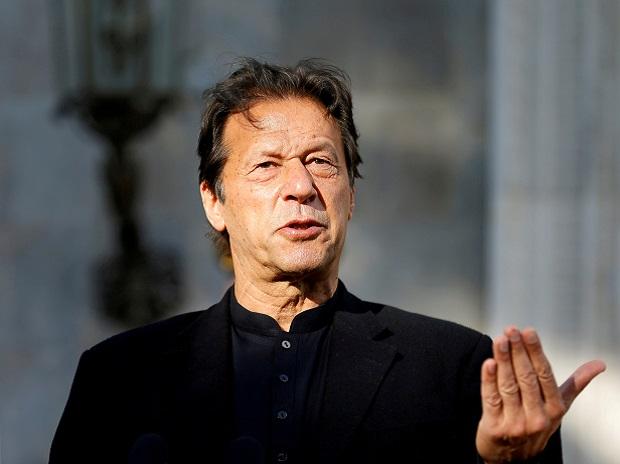Saudi Arabia to provide $4.2-billion support package to Pakistan

Pakistan’s currency bounced back on Wednesday to gain 2.48 rupees against the US dollar in intra-day trading, after long-time ally Saudi Arabia announced a support package of $4.2 billion, traders and bankers said.
The Saudi money will help Pakistan shore up its foreign reserves, which have been shrinking. The rupee closed the previous session at 175.60 against the dollar. It had depreciated around 13.6 per cent since May.
“The rupee appreciation is result of the Saudi funding announcement, widely seen as a positive surprise much needed to bolster the external account,” Saad Hashemy, executive director at BMA Capital, said. Saudi Arabia announced on Tuesday $3 billion to support Pakistan’s foreign reserves, as well as extending financing of oil derivatives trade for a total of $1.2 billion during the year, Pakistan’s Information Minister Fawad Chaudhry said.
Pakistan has been in talks with the International Monetary Fund (IMF) for the last two weeks to secure a $1 billion funding tranche, but its sixth review remained inconclusive. Pakistan’s Prime Minister Imran Khan thanked Saudi Arabia. “The Kingdom of Saudi Arabia has always been there for Pakistan in our difficult times, including now when the world confronts rising commodity prices,” he said in a tweet.
In 2018, Saudi Arabia gave $3 billion in foreign currency support and a further loan worth up to $3 billion in deferred payments for oil imports.
 Dear Reader,
Dear Reader,
Business Standard has always strived hard to provide up-to-date information and commentary on developments that are of interest to you and have wider political and economic implications for the country and the world. Your encouragement and constant feedback on how to improve our offering have only made our resolve and commitment to these ideals stronger. Even during these difficult times arising out of Covid-19, we continue to remain committed to keeping you informed and updated with credible news, authoritative views and incisive commentary on topical issues of relevance.
We, however, have a request.
As we battle the economic impact of the pandemic, we need your support even more, so that we can continue to offer you more quality content. Our subscription model has seen an encouraging response from many of you, who have subscribed to our online content. More subscription to our online content can only help us achieve the goals of offering you even better and more relevant content. We believe in free, fair and credible journalism. Your support through more subscriptions can help us practise the journalism to which we are committed.
Support quality journalism and subscribe to Business Standard.
Digital Editor
business-standard.com

